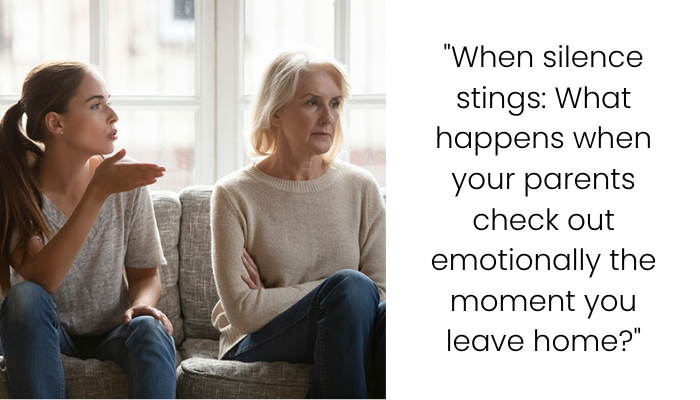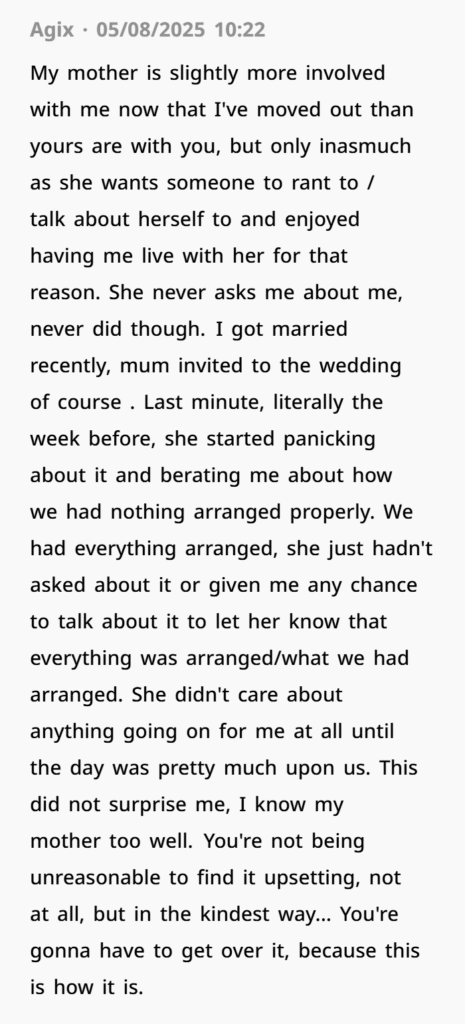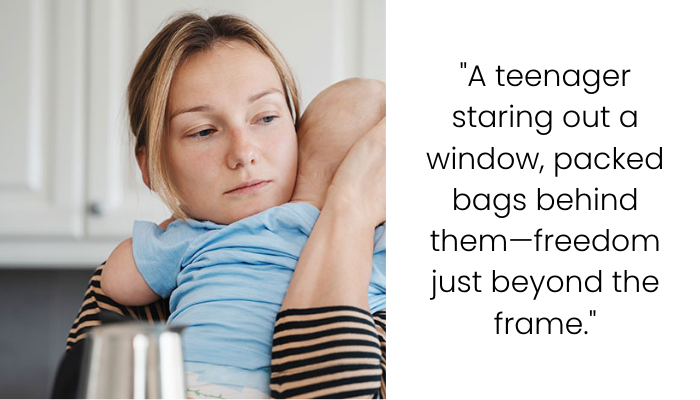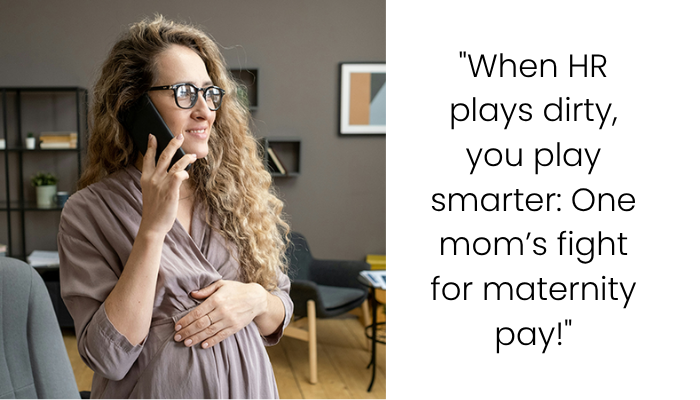AIBU to Feel Rejected Because My Parents Have Completely Disengaged from My Life?

At 28, OP recently completed a grueling PhD and moved into her own place, just 20 minutes away from her childhood home. Despite the proximity—and the years spent living with her parents while studying—she’s found herself unexpectedly cut off. Since leaving the family house six months ago, every single interaction has had to be initiated by her. The conversations are surface-level at best, and any invitations to visit or connect have been met with disinterest or outright rejection.
Advertisement – Continue Reading Below
The emotional sting is amplified by the fact that OP is an only child. She describes her parents, particularly her mother, as “hands-off” and passive, seemingly content with a sedentary life of television and detachment. Her mother’s only response to OP’s hurt was to call her “needy.” The emotional void became even more palpable during a BBQ, where OP watched peers excitedly plan weddings with their engaged, supportive families. What started as quiet hurt has snowballed into anger, grief, and a sense of profound loneliness.
A woman moved out of her parents’ place at 28 and was baffled by their lack of interest in her

She wondered whether it was unreasonable of her to expect them to care about what and how she was doing








Emotional Estrangement: When Parents Disconnect Prematurely
Advertisement – Continue Reading Below
What OP is experiencing touches on the concept of emotional estrangement—a psychological condition where family members maintain surface-level ties (or none at all) without genuine emotional investment. While adult children are expected to become more independent, emotional abandonment is not a normal or healthy part of that transition.
Psychologist Joshua Coleman, in his book Rules of Estrangement (2021), notes that many parents struggle with boundaries, expectations, or even envy when their children grow up, particularly if their own emotional toolkit is limited. For “hands-off” parents like OP’s, independence might be misconstrued as a cue to fully disengage. But for many adult children, emotional closeness doesn’t end at 18 or even 28—it evolves.
The “Neediness” Myth
Advertisement – Continue Reading Below
Calling someone “needy” for seeking emotional support is a subtle form of gaslighting, especially when used by a parent. Research from the Attachment Project indicates that humans—regardless of age—continue to need parental validation, particularly during major life transitions like moving out, starting a new career, or contemplating marriage.

It’s a myth that adults shouldn’t need their parents anymore. In fact, supportive parental relationships in adulthood correlate with better mental health outcomes, lower stress, and greater resilience in the face of adversity (Psychology Today, 2023).
Being an Only Child: Amplifying the Silence
Advertisement – Continue Reading Below
Being an only child can magnify feelings of emotional abandonment. With no siblings to share memories or divide emotional labor, only children often carry the full weight of family dynamics. When those ties weaken, it can feel like an entire branch of emotional support has been severed. The lack of familial witnesses—those who remember you growing up—can also lead to a unique kind of loneliness.
Cultural and Generational Disconnects
OP’s parents’ passive, screen-heavy lifestyle may reflect generational gaps in emotional literacy. For many older adults, particularly those who were raised in emotionally restrained households or without mental health awareness, affection and engagement can feel unfamiliar or even threatening. Their withdrawal might be a defense mechanism—unintentional, but hurtful nonetheless.
Advertisement – Continue Reading Below

A Similar Case: “Parenting Ends at 18”
A widely discussed thread on Reddit’s r/Parenting explored the belief among some older parents that their job ends when the child moves out. One user described feeling like “a guest star” in their parents’ life after college. The response? Over 1,000 comments, largely in agreement, with others sharing stories of being ghosted by family post-graduation.
OP isn’t unreasonable for craving connection or grieving its absence. Her pain is valid, and the emotional distance from her parents is not just disappointing—it’s a breach of what many expect from lifelong family ties. While healing might involve setting new boundaries and expectations, it’s also okay to mourn the parents we hoped for but never truly had.
Advertisement – Continue Reading Below
So, Reddit: AIBU to feel brokenhearted over emotionally absent parents—or is it just time to let go and move on?
Some people believed parents should always be there for their kids, even in adulthood: “Doesn’t justify this level of disinterest”










